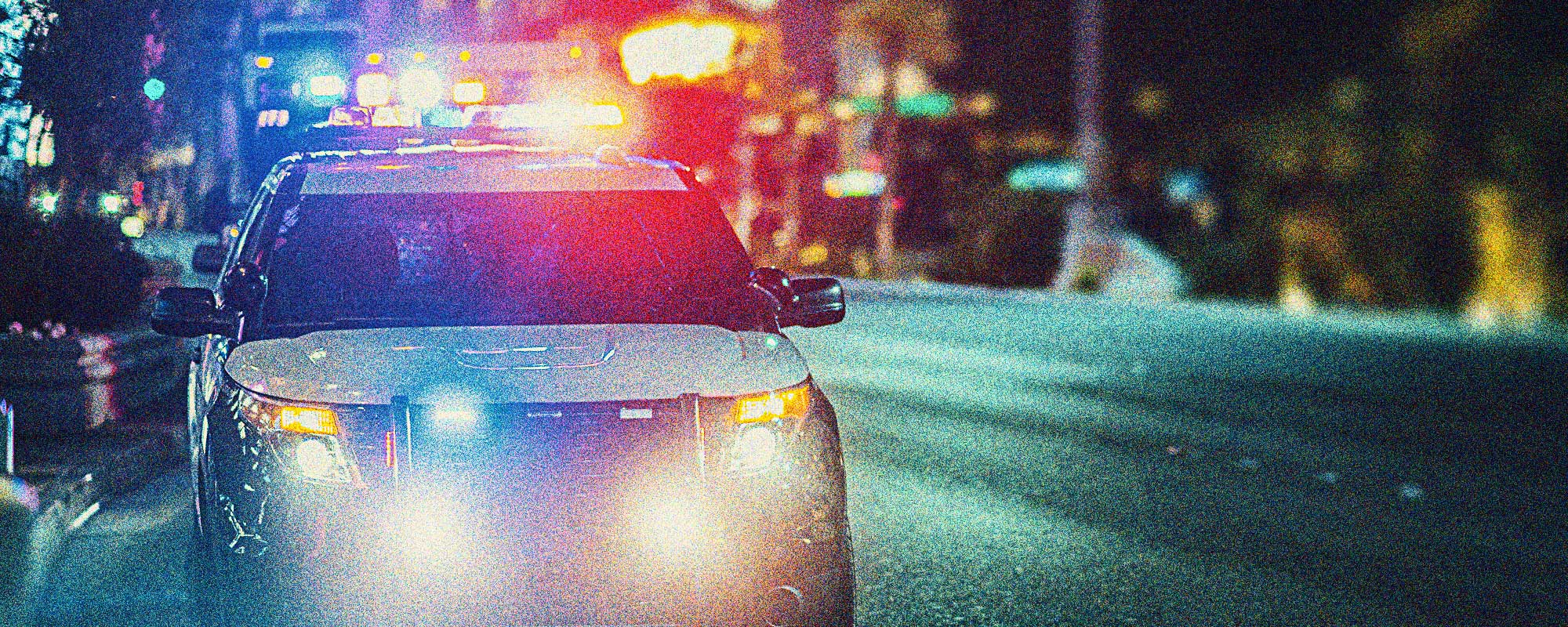Abby Deshman, Director of Criminal Justice for the Canadian Civil Liberties Association, made the following statement:
We are still working our way through the reports, but even a cursory read paints a deeply concerning picture of the state of policing.
The picture is disturbing – but it is not a surprise. Impacted communities have been sharing their experiences of discrimination, harassment, and trauma at the hands of police and the criminal justice system for decades.
We have also had data clearly evidencing systemic racism for years. In 2018, the Ontario Human Rights Commission documented, yet again, the systemic racism in Toronto policing, reporting that although Black people made up 8.9% of Toronto’s population, they accounted over a third of police shootings, 61.5% of police use of force cases that resulted in civilian death, and 70% of police shootings that resulted in civilian death.
Today, we have even more confirmation of what we already knew.
Publishing this data is essential. But it is not enough. What communities are rightly demanding is concrete action that will lead to real change for individuals, families and communities.
Police need to step back, and make room for social service supports and civilian led crisis interventions. We need to have a conversation about why all 911 calls go to the police by default and how we can change that. We need to continue the broader conversations about better ways – outside the criminal justice system – to achieve community safety. And we need government at all levels to listen and take action, turning those conversations into a reality.
Moya Teklu, Executive Director of the Black Legal Action Centre, made the following statement:
The data released today — like the data released by the Ontario Human Rights Commission in 2020 and 2018, or the data released by the Toronto Star in 2012, or the numerous studies released before that – again confirms what Black people have known for decades. The police target Black people for arrest, for detention, for strip searches, for assault.
The data released today raises a number of questions. What will governments do to make the victims of continued police misconduct whole? How will they remedy their continued trauma, degradation, and humiliation? How will they ensure that they have true access to justice?
The police continue to fail to fulfil their purported mandate. They continue to fail to serve and protect Black people. And yet, year after year, all levels of government continue to pour money into police services. They do this instead of funding Black communities. The solution is not to provide the police with more money for body scanners, or training. It is to de-task the police and to redirect funding into those services that will actually protect and serve and increase the public safety of Black people. The police have shown that they are not up to the task.
Akwasi Owusu-Bempah, Special Advisor on Anti-Black Racism for the Canadian Civil Liberties Association, made the following statement:
Some may find these findings shocking, but this is absolutely not news.
Communities have been speaking out for decades.
This year marks the 20-year anniversary of the Toronto Star’s first race and crime series. Ten years ago I demonstrated how police services across Canada were actively shielding the race-based data they did collect from the public.
Throughout this time the police have continued to paint community concern around these issues as anecdotal while actively suppressing the very data that they released today. And although they have now been forced to release this information, it still only provides a small window into the ways that Black and other racialized communities are disproportionately impacted by police actions.
The police have the ability to provide data disaggregated by race across a wide range of policing interactions and outcomes – but they don’t.
Their current race-based data strategy is inadequate. It needs to be vastly expanded and expedited. It is time to stop giving the police a pass, and demand that they start acting in the interests of the communities they claim to serve.
About the Canadian Civil Liberties Association
The CCLA is an independent, non-profit organization with supporters from across the country. Founded in 1964, the CCLA is a national human rights organization committed to defending the rights, dignity, safety, and freedoms of all people in Canada.
Media Contact:
media@ccla.org
David Valentin, 514-913-5524
About the Canadian Civil Liberties Association
The CCLA is an independent, non-profit organization with supporters from across the country. Founded in 1964, the CCLA is a national human rights organization committed to defending the rights, dignity, safety, and freedoms of all people in Canada.
For the Media
For further comments, please contact us at media@ccla.org.




